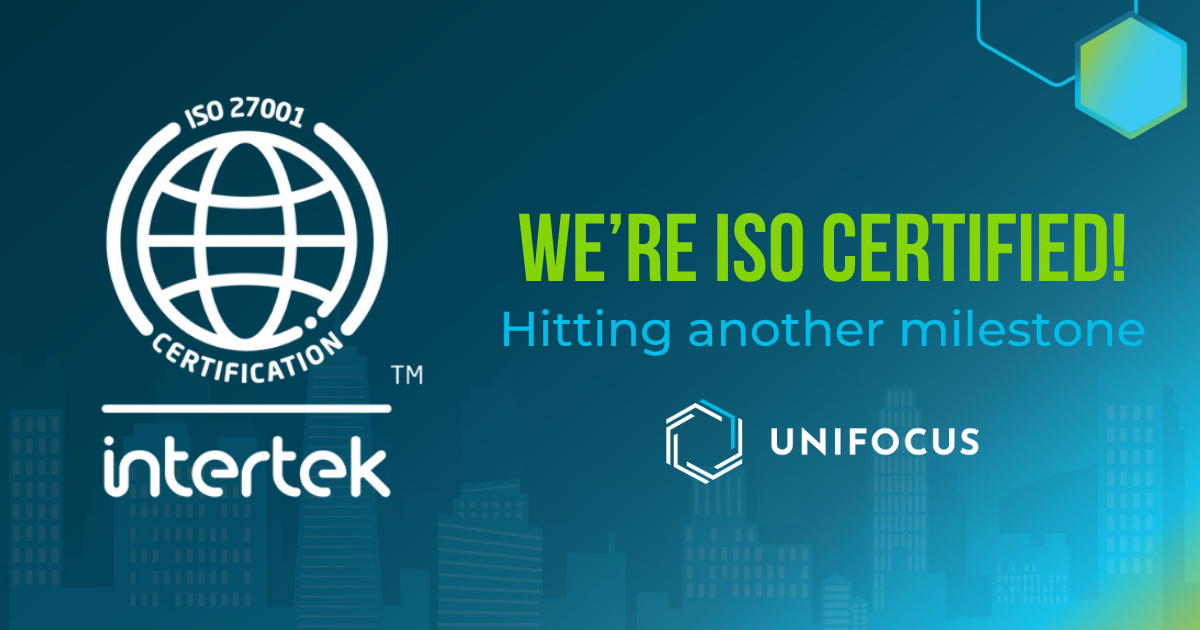February 28, 2018 - Published in CVENT Blog – “This place is the worst” is not the kind of review that hospitality professionals want to see. Negative reviews, unfortunately, have a tendency to spread far more quickly than positive. Providing a memorable experience is, of course, foundational to ensuring positive reviews. But what else can hoteliers do to boost the odds that shining reviews will surface after guests’ and planners’ visits?
You may be surprised by how simple the process can be.
"He doesn’t ask. He invites. He doesn’t call it a review on Yelp. He terms it online feedback."
Seeking Input
The best way to manage customer expectations is through communication. That communication can take place before, during, and after a guest’s stay. In fact, the simple act of seeking input sends a very positive message to your audience.
Sam Olmsted, a consultant for La Galerie Hotel, a boutique hotel in New Orleans, recommends three ways to gather guest feedback:
- Ask guests questions both before they check in and after they check out is key. Up-front questions can help staff manage and understand guest expectations. After the fact, input can be used to determine how well the facility did in meeting those expectations.
- Make suggestion cards readily available in guest rooms and common areas.
- Add guests to your email distribution lists to make them “part of your sphere.”
The biggest key to successfully influencing positive reviews, says Olmsted, is communication. “Find a way to talk to your guests that is polite and unobtrusive,” so you’re on the same page during their visits.
Nuance Matters
Writing for Forbes, customer service and experience expert Shep Hyken tells of research done by Daniel Vivarelli of Starloop, a customer feedback system, into the kind of language that best supports positive outcomes. He spent 26 months testing various words and phrases. The winning combination? Hyken writes: “He doesn’t ask. He invites. He doesn’t call it a review on Yelp. He terms it online feedback.”
Importantly, don’t leave the request process to chance. Provide education and training to staff to ensure that they approach guests appropriately and sincerely. Viewing feedback as a “gift” can be a great way to position the process of soliciting feedback, whether in person or through a review site. After all, input — whether positive or constructive — provides a means of measuring improvement. It is, indeed, a gift.
Respond Appropriately and Publicly
When you get a positive review, say thank you. Even to the most negative input.
When you get a not-so-positive review, say something. Don’t leave negative comments sitting out there for others to see. A commonly used approach is to acknowledge the comment, express concern about the guest’s experience and move the conversation toa private space. Here are some real examples:
(To a one-star review that begins: “I have no idea how this is a Category 4-rated hotel. I have literally stayed at Category 2 hotels that seemed like the St. Regis compared to this property.”)
“On behalf of the hotel I wish to apologize for the terrible experience you had during your stay with us. As much as I believe in my staff, we clearly have offended you, and as the General Manager, I am embarrassed and I truly sorry we let you down by choosing our hotel. I have communicated your candid comments to my entire staff, and I believe we can and will do better.”
(To a one-star review with the heading “Hotel Stinks”)
“Thank you for your review. Although not scores we like to see, we truly value and appreciate all comments, as we can use these opportunities as a learning tool for future guests. I encourage you to reach out to me directly, as I would welcome the opportunity to speak and/or email you to learn more about your recent visit. Again, thank you! I look forward to connecting.”
Keep in mind that when you post a public response, you are not only replying to the original poster, but to everyone and anyone who might have the opportunity to read the review—and your reply. Be apologetic and express concern, but remain positive and brief.
Recognize the Difference Between Noise and Data
While a single negative review online can certainly do damage to a facility’s reputation, it’s important that hotel operators recognize the difference between the validity of random and uncontrolled online input and formal consumer research.
As Mark Heymann, founder and CEO of UniFocus, points out: “Newer approaches to the analysis of guest feedback fall short in providing the required basics and core aspects of a sound, ongoing, and statistically valid guest feedback program.”
But both have their place. Hoteliers must manage and monitor public comments to protect their brand reputations, but seek statistically sound data to help them make decisions about the experience they’re offering guests.






